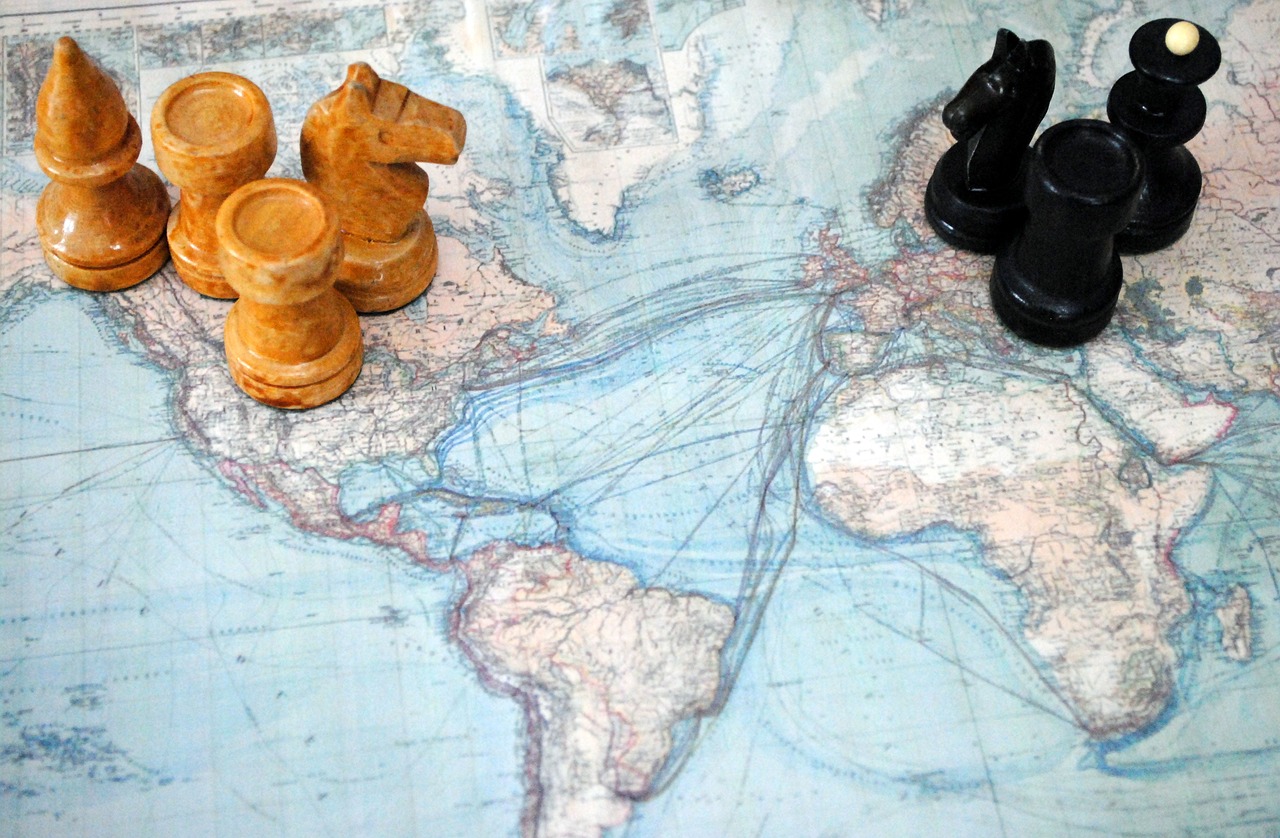
Would you like to help the scientific research in the field? Are you interested in chess and intelligence analysis? Please, write to the author (scuolafilosofica_at_gmail.com) and ask him for the first draft of the paper!
Abstract
Is a chess player an intelligence analyst? Chess is considered one of the most interesting strategic games in the Western culture. Although the artificial intelligence applied to chess beats the world champion since 1997, chess is still one of the most challenging strategic games for our intelligence and understanding. Even though chess is a perfect information game, namely a game in which the players have all the information available at the same time for each position, chess is sufficiently complex and difficult to be unsolvable by sheer calculation. Chess players face uncertainty, tactical dilemmas, strategic conundrums, stress, pressure and great epistemological problems. Chess players deal with these problems all the time and they face them using knowledge and foreknowledge of the opponent’s capability and intentions to try to solve difficult problems in the chessboard. All they have is information to be translated in practical knowledge. They are aware that the opponent will do his/her best to win the game as he/she does. Ultimately, chess players analyze the position and the opponent’s threats and weaknesses in order to ground rational decisions. Intelligence analysts face similar problems to pursue a similar goal and they face them in an analogous fashion. In this paper, I will explore how Grand Master and ordinary chess players analyze the positions from both a strategic and tactical perspectives and I will show how the intelligence analysts can learn from them. After half a century the first chess computer appeared to the scene and hundreds of years of chess studies, we are still learning how to play better in the chessboard. Chess is still the most esteem and competitive game of our culture and it is time to bring it with all its complexity to the intelligence community in order to learn from it.



